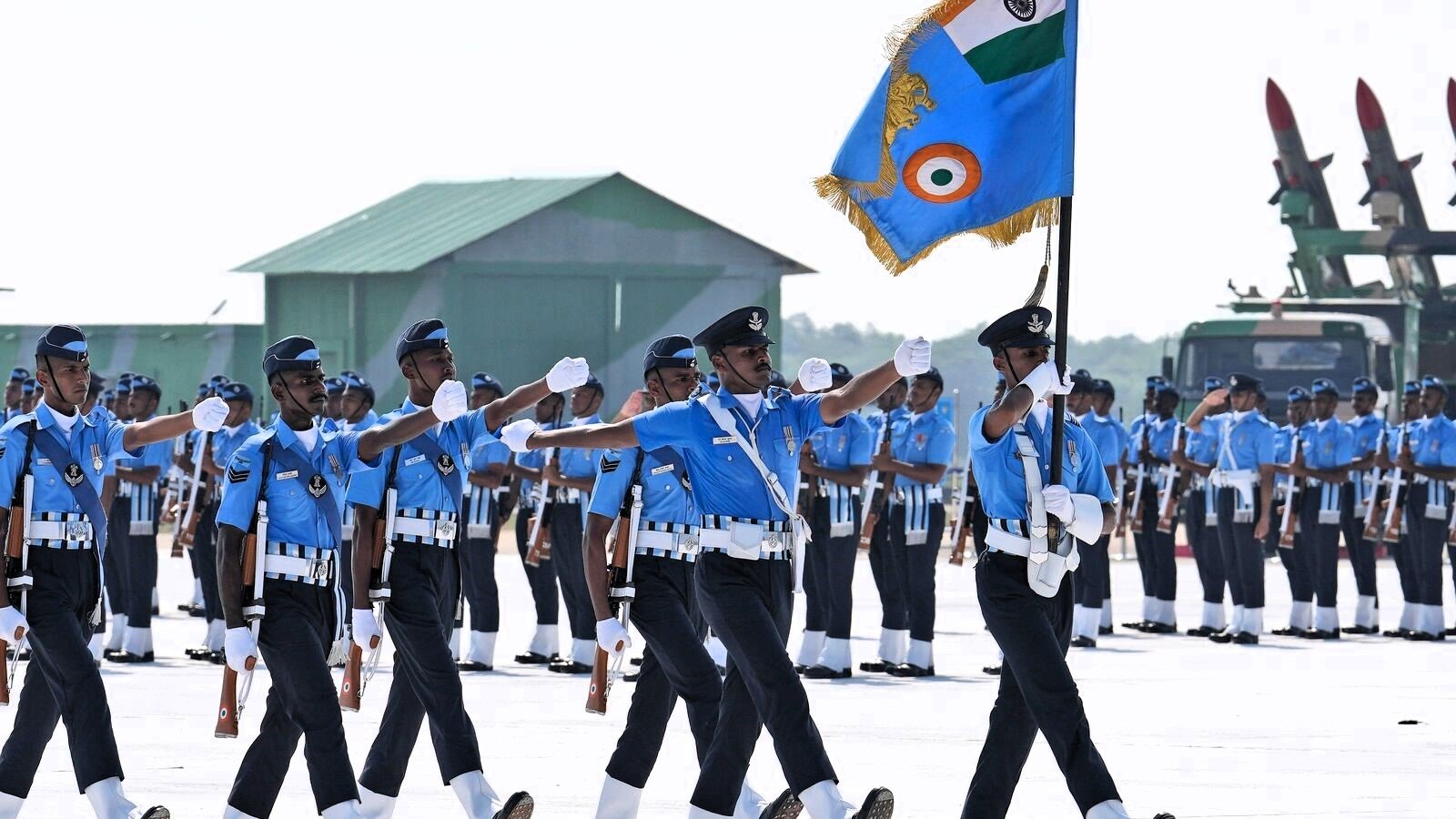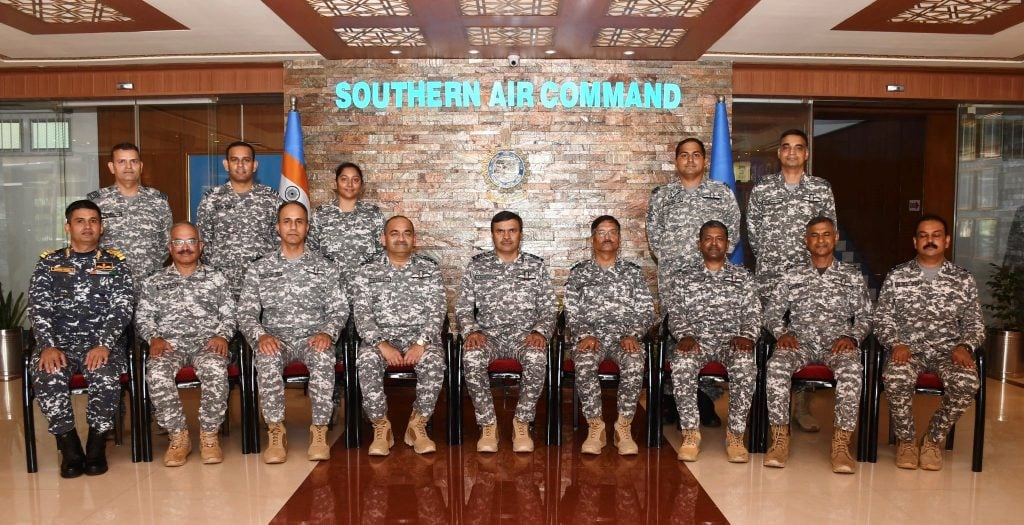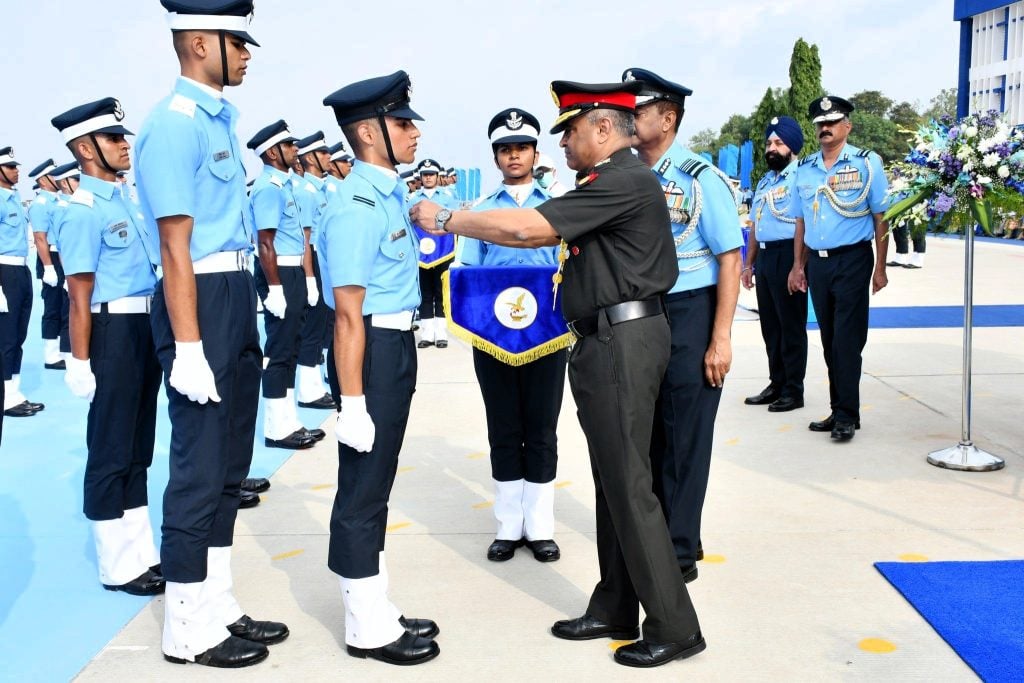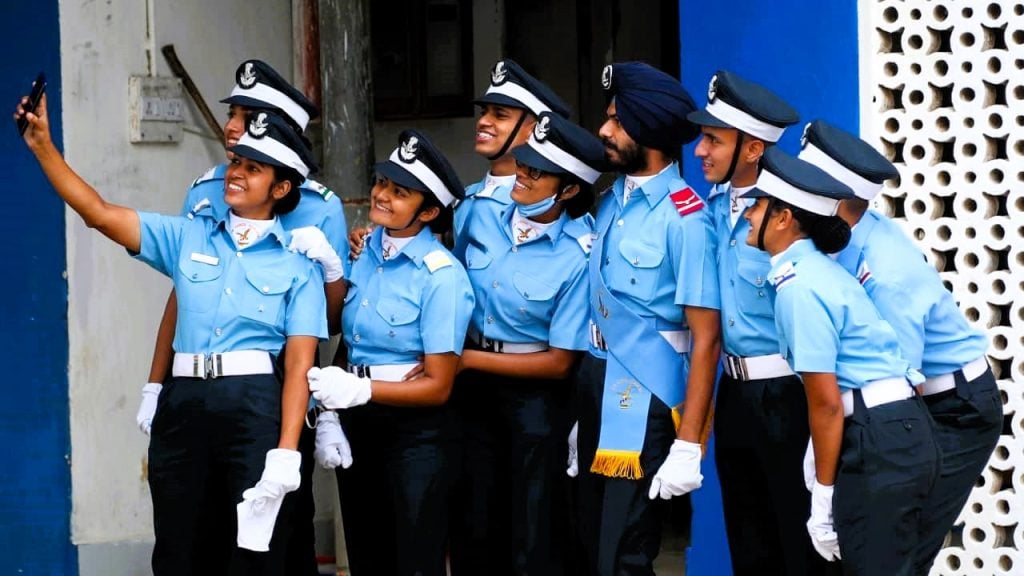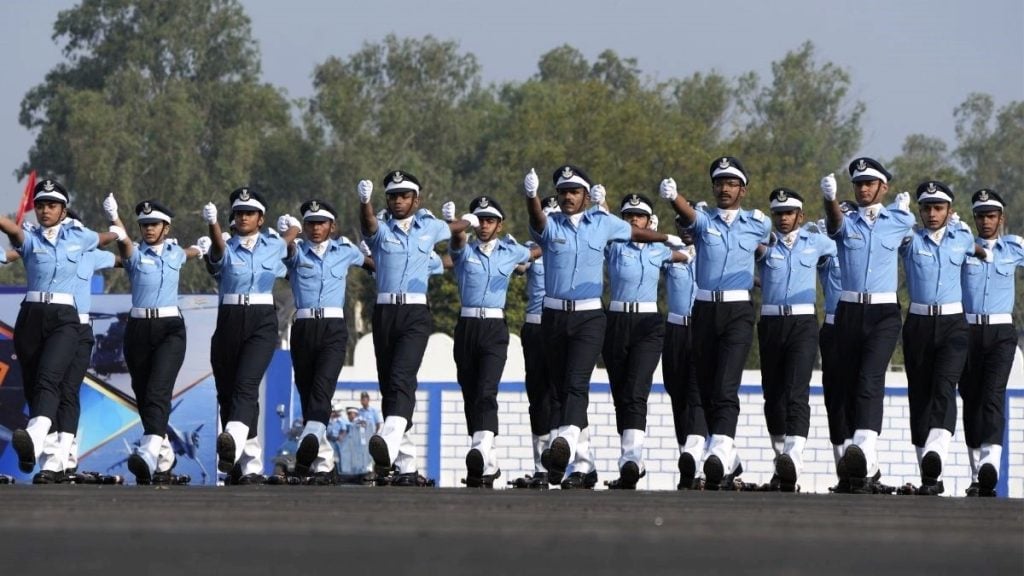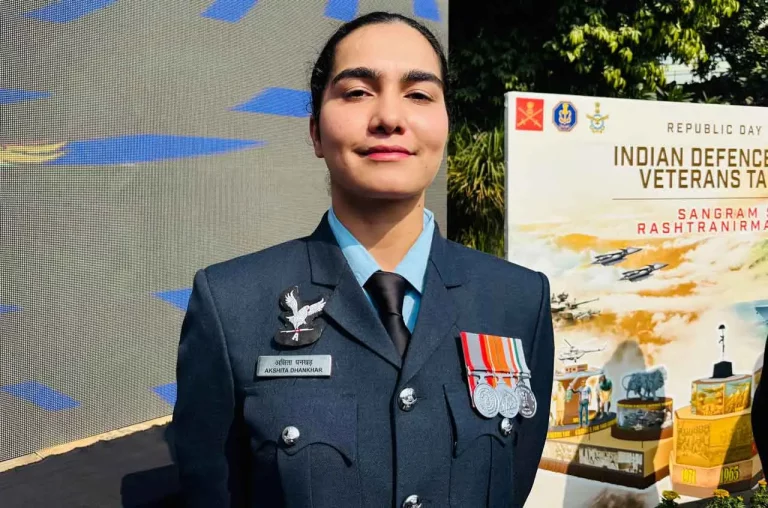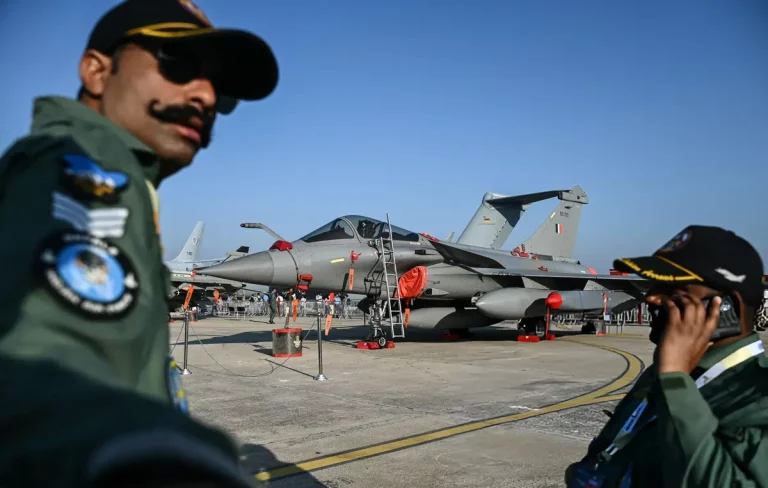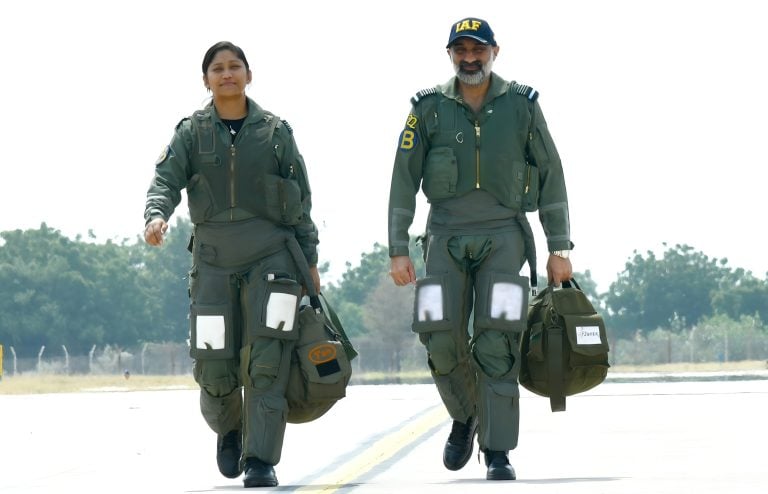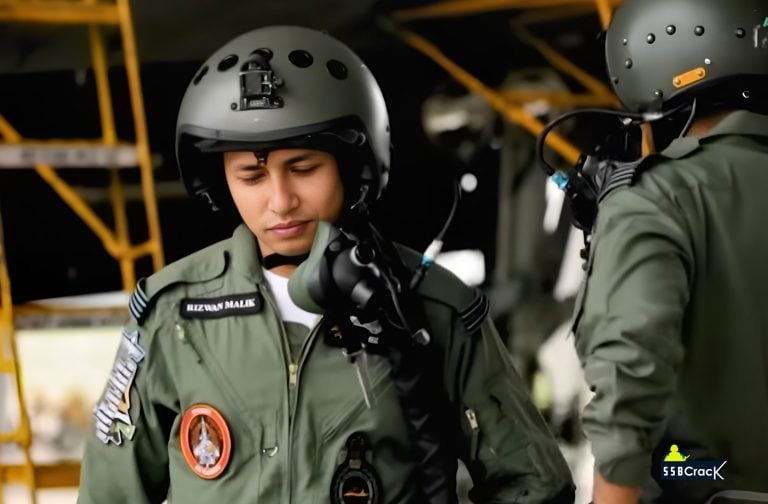Preparing for the Airforce Agniveer Vayu exam is a significant milestone for candidates aspiring to serve in the Indian Air Force. This guide offers a comprehensive approach to help you navigate your preparation journey effectively.
By understanding the exam structure, utilizing proper resources, and adopting strategic study methods, you can enhance your chances of success.
Also Read | Indian Air Force LDC Recruitment 2024, Exam date Out for IAF LDC Delhi
1. Understanding the Exam Structure
Exam Pattern Overview
The Airforce Agniveer Vayu exam consists of multiple sections that assess a range of subjects. Familiarity with the exam pattern is crucial for effective preparation. Typically, the exam includes:
- Subjects Covered:
- Mathematics
- General Awareness
- English
- Reasoning
- Science
Stages of the Exam
The selection process is divided into two main stages:
- Online Written Test: This stage evaluates candidates on various subjects, testing their knowledge and aptitude.
- Physical Fitness Test (PFT): Candidates must meet specific physical standards to qualify.
Understanding these stages will enable you to tailor your preparation accordingly.
2. Crafting a Study Plan
Importance of a Structured Approach
A well-organized study plan is essential for effective preparation. Here’s how to create one:
- Set Clear Goals: Define what you aim to achieve in your study sessions.
- Create a Timetable: Allocate time for each subject based on your strengths and weaknesses.
- Prioritize Topics: Focus on high-weightage topics while also covering the entire syllabus.
Sample Study Schedule
Here’s a sample weekly study schedule to help you organize your time:
| Day | Subject Focus | Duration |
|---|---|---|
| Monday | Mathematics | 3 hours |
| Tuesday | English | 2 hours |
| Wednesday | General Awareness | 2 hours |
| Thursday | Science | 3 hours |
| Friday | Reasoning | 2 hours |
| Saturday | Mock Test | 3 hours |
| Sunday | Revision | 2 hours |
3. Gathering Study Materials
Recommended Resources
Choosing the right study materials is crucial. Here are some suggestions:
- Textbooks: NCERT books for Mathematics and Science are highly recommended.
- Current Affairs: Stay updated with newspapers and magazines to enhance your general knowledge.
- Online Platforms: Utilize educational websites and apps that provide quizzes and mock tests.
Subject-Specific Materials
- Mathematics: Focus on problem-solving books and previous years’ question papers.
- English: Grammar workbooks and vocabulary enhancement resources can be beneficial.
- Science: Reference books that explain core concepts clearly will aid your understanding.
4. Effective Study Techniques
Active Learning
Engage with the material actively to enhance retention. Here are some techniques:
- Summarization: After studying a topic, summarize it in your own words.
- Mind Mapping: Create visual representations of concepts to connect ideas.
- Teaching Others: Explaining topics to peers can solidify your understanding.
Practice and Revision
Regular practice is key to success. Incorporate the following into your routine:
- Previous Year Papers: Solve these to familiarize yourself with the exam format.
- Mock Tests: Simulate exam conditions to build confidence and improve time management.
- Revision Sessions: Schedule regular reviews of key concepts to reinforce learning.
5. Time Management Strategies
Mastering Time Allocation
Effective time management can significantly impact your performance. Here’s how to manage your study time:
- Set Timers: Use timers during study sessions to maintain focus.
- Breaks: Incorporate short breaks to avoid burnout and maintain productivity.
- Daily Review: Spend a few minutes each day reviewing what you learned to enhance retention.
During the Exam
Practice managing your time during mock tests to ensure you can complete the exam within the allotted time.
6. Staying Motivated
Maintaining a Positive Mindset
Staying motivated throughout your preparation is essential. Here are some strategies:
- Set Milestones: Celebrate small achievements to keep your spirits high.
- Visualize Success: Imagine yourself succeeding in the exam to foster a positive outlook.
- Support System: Surround yourself with supportive friends and family who encourage your efforts.
Handling Stress
Preparation can be stressful, so it’s vital to manage stress effectively:
- Physical Activity: Engage in regular exercise to boost your mood and energy levels.
- Mindfulness Practices: Techniques like meditation can help reduce anxiety and improve focus.
Also Read | All About IAF: Meaning, Roles, and Missions
7. Health and Well-Being
Importance of a Healthy Lifestyle
A balanced lifestyle contributes to better concentration and endurance during preparation:
- Nutrition: Maintain a healthy diet rich in fruits, vegetables, and proteins.
- Sleep: Ensure you get adequate rest to facilitate effective learning and retention.
- Hydration: Drink plenty of water to stay energized and focused.
Physical Fitness
Incorporate physical fitness into your routine, as it is a crucial aspect of the selection process. Regular workouts can improve both physical and mental health.
8. Seeking Guidance
Utilizing Resources
If you encounter challenges in your preparation, don’t hesitate to seek help:
- Coaching Centers: Consider enrolling in a coaching program for structured guidance.
- Online Forums: Join study groups or online forums to discuss topics and share resources.
- Mentorship: Reach out to mentors or teachers for advice on difficult subjects.
Online Learning Platforms
Leverage online platforms that offer courses specifically designed for the Airforce Agniveer Vayu exam. These can provide structured learning and additional resources.
9. Subject-Wise Preparation Strategies
English Preparation
- Grammar Mastery: Focus on essential grammar rules and practice exercises regularly.
- Vocabulary Building: Enhance your vocabulary through reading and using flashcards.
- Comprehension Skills: Practice reading comprehension by summarizing articles and answering questions.
Mathematics Preparation
- Core Concepts: Focus on fundamental topics such as Algebra, Geometry, and Trigonometry.
- Regular Practice: Solve a variety of problems to build speed and accuracy.
- Mock Tests: Take timed quizzes to simulate exam conditions.
Science Preparation
- Conceptual Understanding: Focus on key topics like Physics and Chemistry principles.
- Practical Applications: Study real-life applications of scientific concepts to enhance understanding.
- Revision of Formulas: Regularly review essential formulas and their applications.
Reasoning Preparation
- Logical Puzzles: Engage in puzzles and games that challenge your reasoning skills.
- Timed Practice: Solve reasoning problems under timed conditions to improve speed.
- Diverse Question Types: Familiarize yourself with various types of reasoning questions.
General Awareness Preparation
- Current Affairs: Stay updated on national and international news regularly.
- Static GK: Study essential topics such as history, geography, and important dates.
- Practice Quizzes: Use online quizzes to test your knowledge and reinforce learning.
10. The Role of Mock Tests
Benefits of Mock Tests
Mock tests are invaluable for exam preparation. Here’s why:
- Familiarity with Format: They help you understand the structure and types of questions.
- Time Management: Mock tests improve your ability to manage time effectively during the actual exam.
- Performance Assessment: Regularly taking mock tests allows you to track your progress and identify areas for improvement.
Scheduling Mock Tests
Incorporate mock tests into your study schedule at regular intervals. Aim for at least one mock test per week, gradually increasing the frequency as the exam date approaches.
Also Read | AFSB Full Form, Process and Functioning
Conclusion
Preparing for the Airforce Agniveer Vayu exam requires dedication, strategic planning, and effective study techniques. By understanding the exam structure, gathering the right resources, and maintaining a balanced lifestyle, you can enhance your chances of success. Stay motivated, practice regularly, and believe in your abilities. With determination and hard work, you can achieve your goal of joining the Indian Air Force.
FAQs
1. How long should I prepare for the Airforce Agniveer Vayu exam?
Preparation time varies for each candidate. Ideally, a dedicated study period of 6-12 months is recommended.
2. What subjects should I focus on for the exam?
Focus on Mathematics, English, General Awareness, Reasoning, and Science, as these are key areas assessed in the exam.
3. Are mock tests really helpful?
Yes, mock tests simulate the exam environment, helping you manage time and assess your preparation level effectively.
4. How can I stay updated with current affairs?
Follow reliable news sources, read newspapers daily, and engage with current affairs apps to stay informed.
5. What is the selection process for the Airforce Agniveer Vayu?
The selection process includes a written exam, physical fitness test, documentation, and medical examination.
